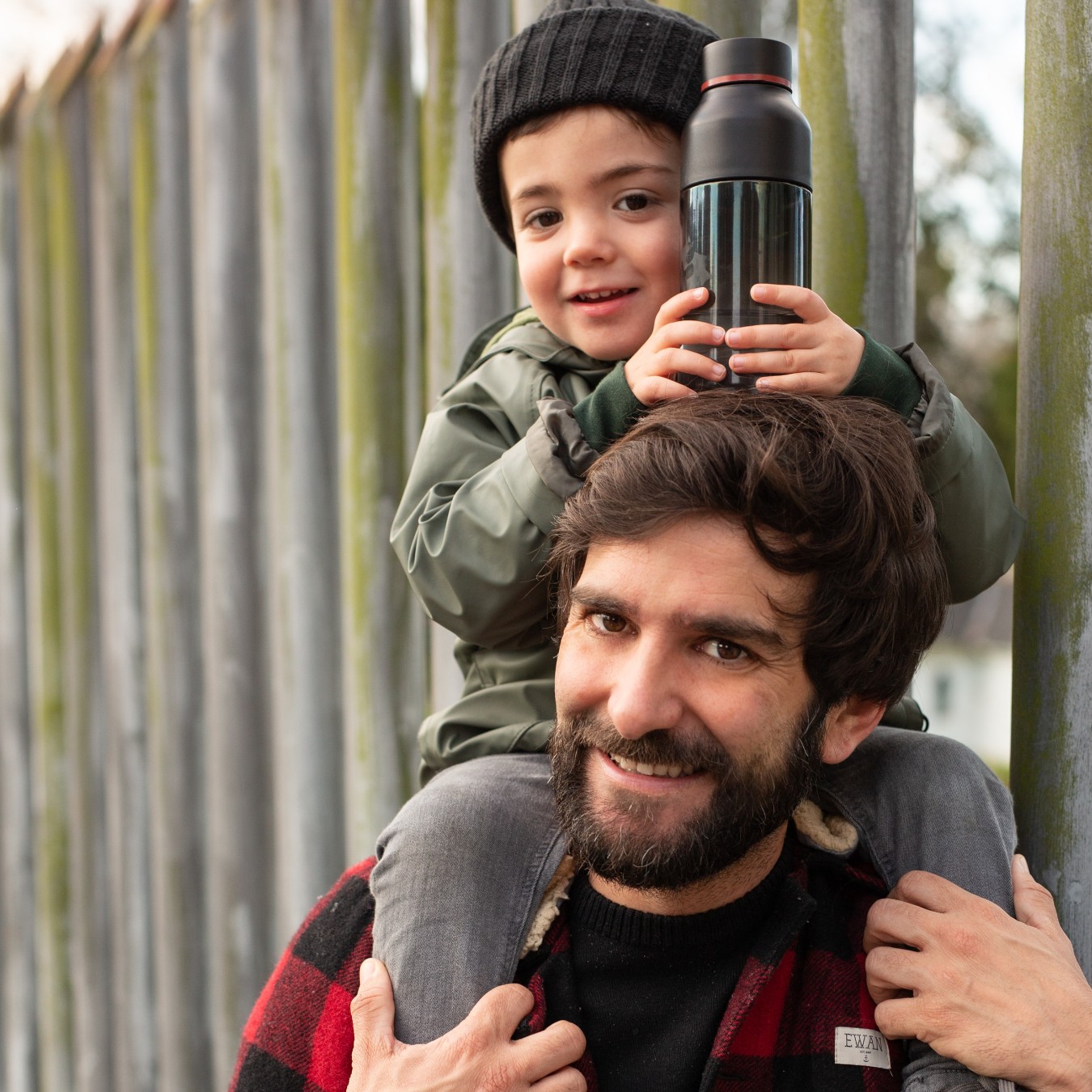The journey out of homelessness is fraught with challenges, and one often overlooked hurdle is transportation. For individuals and families striving to rebuild their lives, a car can be more than just a vehicle; it’s a lifeline to employment, healthcare, and stability. This raises a critical question: is there a program that helps the homeless with their car? The answer, thankfully, is nuanced and reveals a landscape of support often found in unexpected places.
To understand the importance of this question, consider the story of a family who experienced firsthand the transformative power of assistance during their period of homelessness. Their experience, shared by a liaison from MUST Ministries, highlights the vital role of organizations that extend a helping hand during times of hardship.
 Family helped by MUST Ministries transitions from homelessness to stable housing.
Family helped by MUST Ministries transitions from homelessness to stable housing.
Two years prior, a young woman, her husband, and their infant child were the first family to be welcomed into the MUST Ministries Motel Voucher program. Homeless and living in their car for weeks with their seven-month-old baby, their vehicle was a symbol of their precarious situation. It was packed with all their belongings, a cramped and uncomfortable shelter. MUST Ministries stepped in, providing a motel room and support in finding permanent housing.
In a chance encounter years later, the ministry liaison recognized the woman at the post office. She learned that the family remained in the apartment they secured with MUST’s help. The husband was employed full-time, a testament to their perseverance and the initial support they received. While life still presented challenges – sharing a single car and navigating early morning commutes for work, along with a toddler’s upcoming surgery – they were in a vastly improved situation. Crucially, they now had health insurance, a benefit directly linked to their stable housing and employment.
The liaison’s observation of their now-empty car, used for its intended purpose of transportation rather than survival, was a powerful reflection. It starkly contrasted with the memory of their car as a mobile storage unit and temporary home, overflowing with possessions. This transformation embodied the MUST Ministries mission: “Serving our neighbors in need – transforming lives and communities in response to Christ’s call.”
This story underscores the hidden need within the homeless population: while housing is paramount, transportation is inextricably linked to maintaining stability and accessing opportunities. So, returning to our central question, are there programs specifically designed to help homeless individuals with their cars?
While there might not be a plethora of programs exclusively dedicated to car assistance for the homeless, various avenues of support exist and are often interwoven with broader homelessness assistance initiatives. These can include:
- Vehicle Donation Programs: Some charities accept car donations and may allocate vehicles to individuals transitioning out of homelessness or provide them to partner organizations that serve this population. These programs might not directly repair a homeless person’s existing car, but they can offer a pathway to vehicle ownership for those who qualify.
- Job Readiness and Employment Programs: Many programs focused on helping homeless individuals find employment recognize transportation as a barrier. They may offer assistance with bus passes, gas vouchers, or even car repair stipends to ensure clients can get to and from work. These are often not specifically “car programs” but address transportation needs as part of a holistic approach to employment.
- General Homelessness Assistance Organizations: Local and national organizations dedicated to combating homelessness often have resources or connections to address transportation needs. This might involve emergency financial assistance that could be used for car repairs, referrals to partner agencies that offer vehicle-related support, or advocacy to help individuals access existing transportation programs.
- Religious and Community-Based Charities: Similar to MUST Ministries, many faith-based and community organizations offer practical support to those in need. This can encompass help with car repairs, gas, or even temporary vehicle loans, often on a case-by-case basis depending on their resources and local needs.
It’s essential to understand that the assistance landscape is fragmented and localized. A nationwide program solely focused on car repair for the homeless is unlikely. Instead, the support network is built upon a combination of:
- Resourcefulness: Homeless individuals and their advocates often need to be resourceful in piecing together assistance from various sources.
- Local Networks: The most effective help is often found at the local level through community organizations, churches, and smaller charities.
- Broader Social Safety Nets: Programs designed to address poverty and unemployment can indirectly provide transportation assistance.
For those seeking help or wondering is there a program that helps the homeless with their car, the first step is often to connect with a local homeless service provider. Organizations like United Way 2-1-1 or local homeless coalitions can provide referrals and information about available resources in a specific community.
Ultimately, the story of the family helped by MUST Ministries serves as a reminder that even small acts of assistance can have a profound impact. While the quest for car-specific programs for the homeless might require digging and local focus, the broader message is clear: help is available, hope exists, and communities are working to transform lives, one step, and one mile, at a time.
